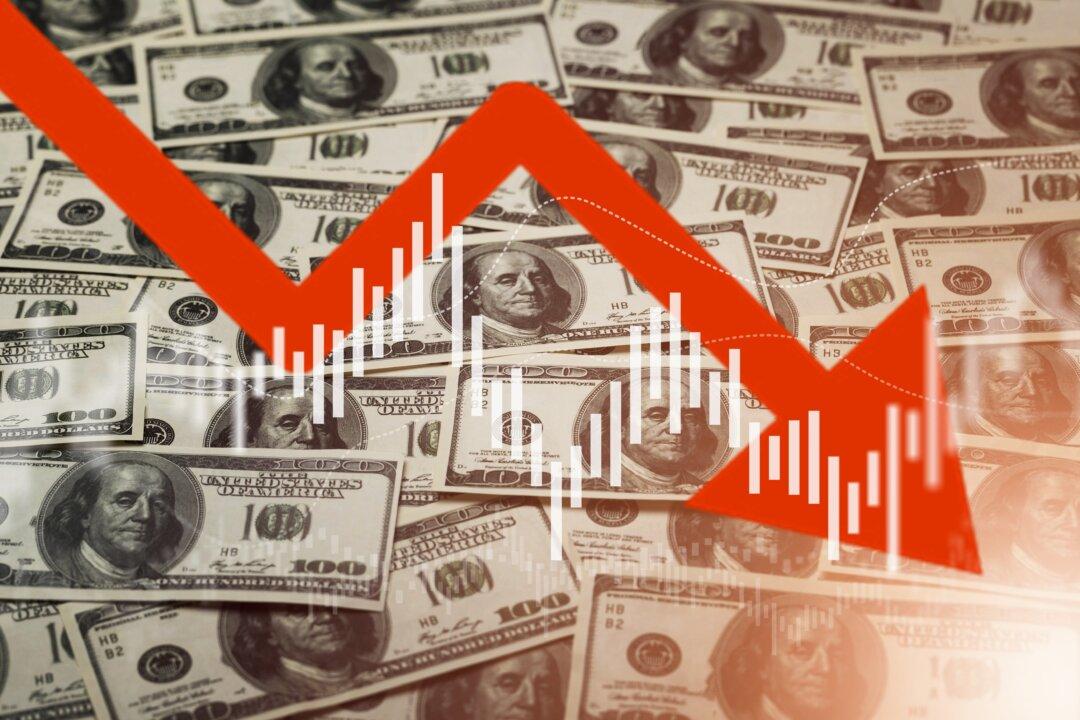Commentary
Over the past two or so years, our economy has been far from “normal.” The pandemic wreaked havoc on a bustling economy seemingly overnight and quickly ignited a recession in all the G–20 countries. Despite that, in 2020, the demand for housing was insatiable, which caused huge jumps in home prices, a stark contrast to the drop in house prices that usually occurs in a recession.
Ken McElroy has lived and breathed real estate his entire adult life. Together with his real estate investment company, MC Companies, Ken has transacted over $1 billion in real estate. Ken is passionate about sharing his formula for financial freedom through his podcast, YouTube channel, bestselling books, and public appearances.
Author’s Selected Articles





